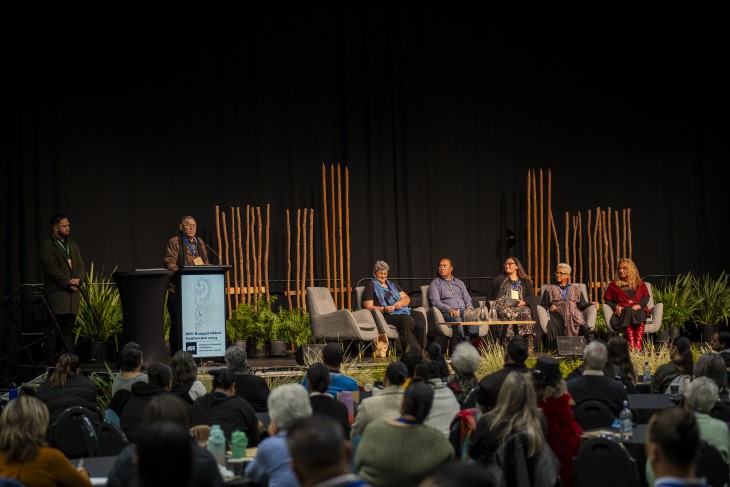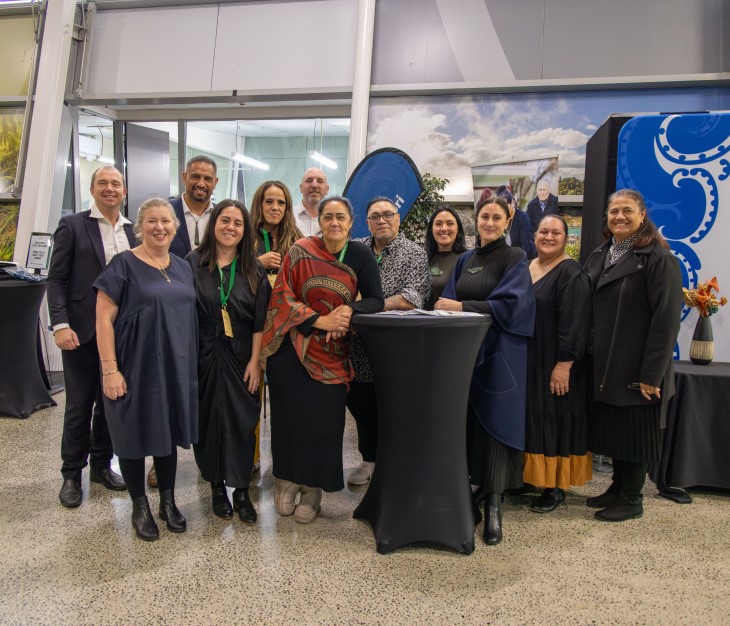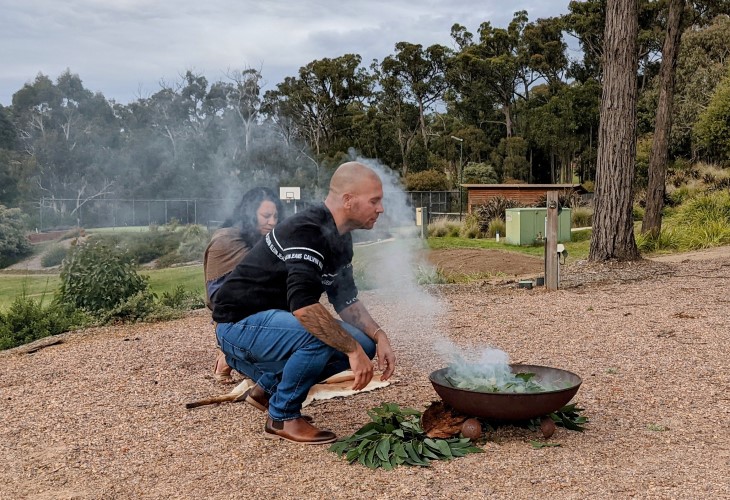Rongoā Māori Conference: ‘A memorable and moving time’
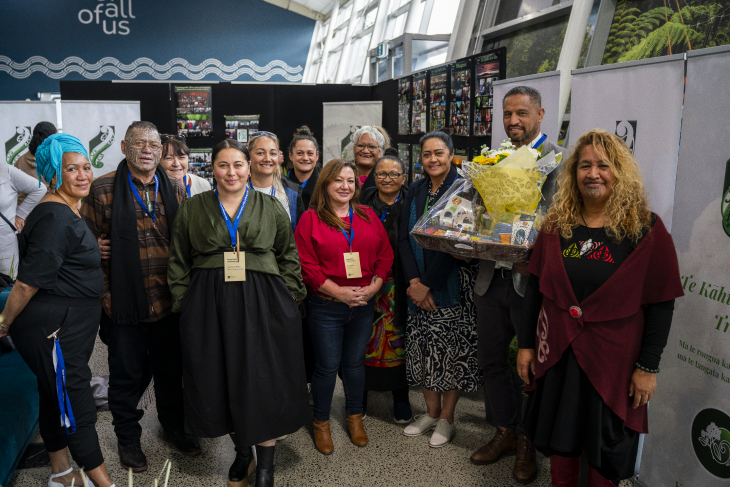
Rongoā expert Robbie Richardson (Ngāti Tūwharetoa, Ngāti Hauiti ki Rātā, Ngāti Raukawa, Ngāti Tūkorehe) says being part of the inaugural ACC Rongoā Māori Conference was a memorable moment for all involved.
The two-day conference in Rotorua brought together more than 450 rongoā Māori practitioners and health providers within te ao rongoā (the rongoā community).
It was a chance to whakawhanaunga (build relationships) and grow understanding of traditional Māori healing and its place in Aotearoa’s health sector.
Robbie, a member of the ACC Rongoā Māori Advisory Panel, says it was a significant moment for traditional healing and a time of celebration.
“It was moving to see this conference come together and to be in the same room as our community from right across the motu,” she says.
“It was a unique opportunity to take a moment and reflect on the success of rongoā Māori over the last four years, with not only rongoā practitioners but members of the health sector, and to share our learnings and to grow together.”
Robbie says there was a huge amount of manaakitanga (hospitality and generosity) and kotahitanga (unity and togetherness) over those unique two days at the Energy Events Centre.
She says being a member of the advisory panel is a privilege which comes with responsibility.
“The panel is a collective of rongoā Māori practitioners from across the country. Our role is to provide strategic advice that enhances ACC’s processes to improve outcomes for kiritaki (clients),” she explains.
“We also assist with promoting rongoā Māori for the benefit of not only whānau but also rongoā Māori practitioners.”
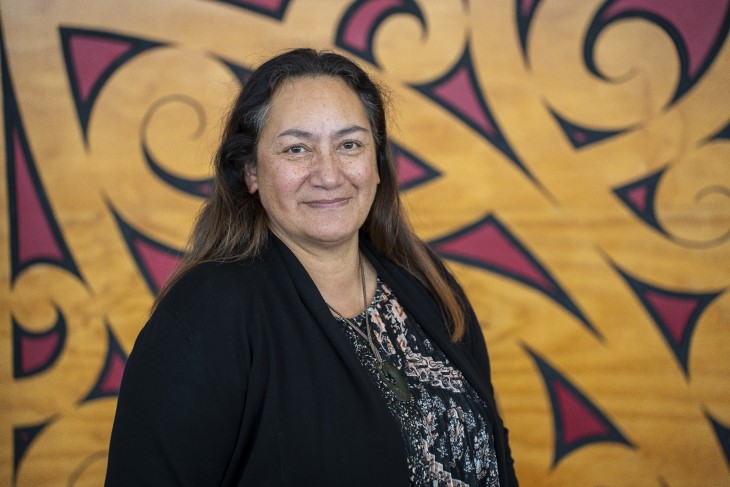
The growth of rongoā Māori
Rongoā Māori is traditional Māori healing. It includes mirimiri and romiromi (bodywork), whitiwhiti kōrero (support and advice) and karakia (prayer).
Since June 2020, ACC has been offering rongoā Māori as an option for people in their recovery. Rongoā has now been delivered in more than 10,000 claims.
There are now 200 practitioners registered with ACC from the Far North down to Stewart Island.
“From four years ago to where we are today, the contribution of rongoā Māori to the health sector has been phenomenal,” Robbie says.
She believes the support of ACC has been invaluable in creating new pathways for practitioners outside the primary care sector.
“What ACC has done has opened up a space which can contribute financially but also supportively to rongoā Māori practitioners,” she says.
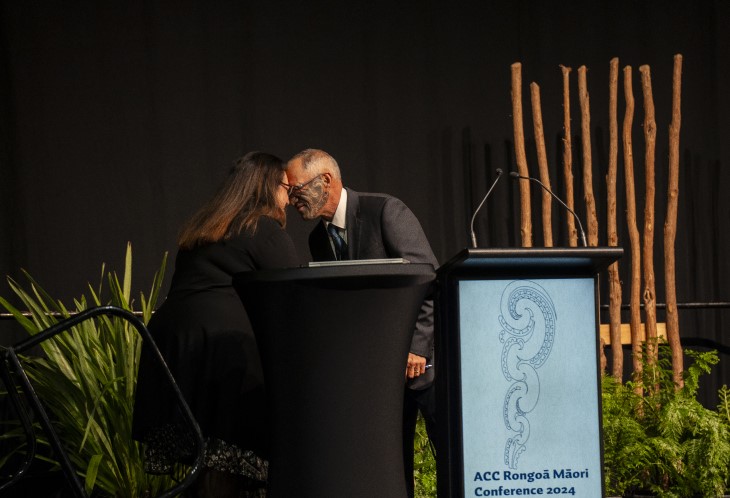
Fulfilling a need for all New Zealanders
ACC research shows Māori are more likely to experience a serious injury than non-Māori but are less likely to make an ACC claim.
Our data also shows rongoā Māori claim volumes have doubled in the 12 months to March 2024, with 5,054 additional claims using rongoā.
“Offering rongoā as a rehabilitation service is part of our continuing efforts to deliver equity for Māori,” says Eldon Paea, Head of Māori Health Partnerships for ACC.
“It presents injured Māori, and all New Zealanders, with more choice in their recovery options, and is a positive step towards delivering equity for tangata whenua.”
Our data shows it’s not just Māori who are accessing rongoā Māori services.
A total of 59 per cent of kiritaki (clients) accessing rongoā Māori are Māori while 41 per cent are non-Māori.
